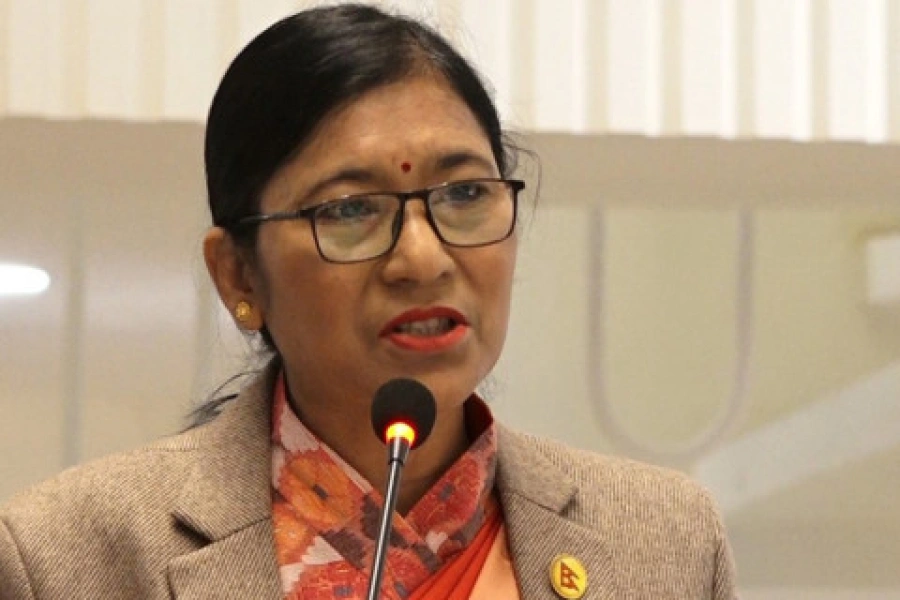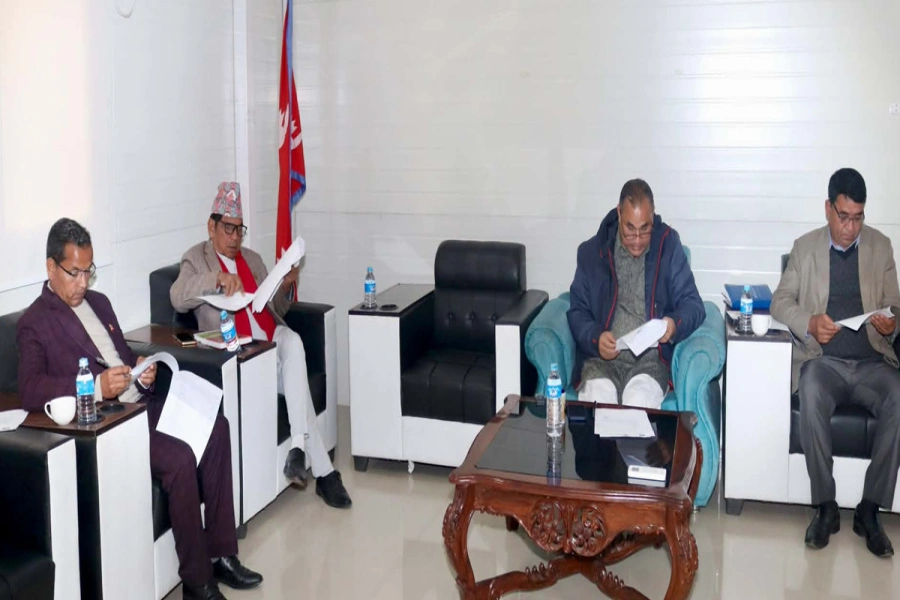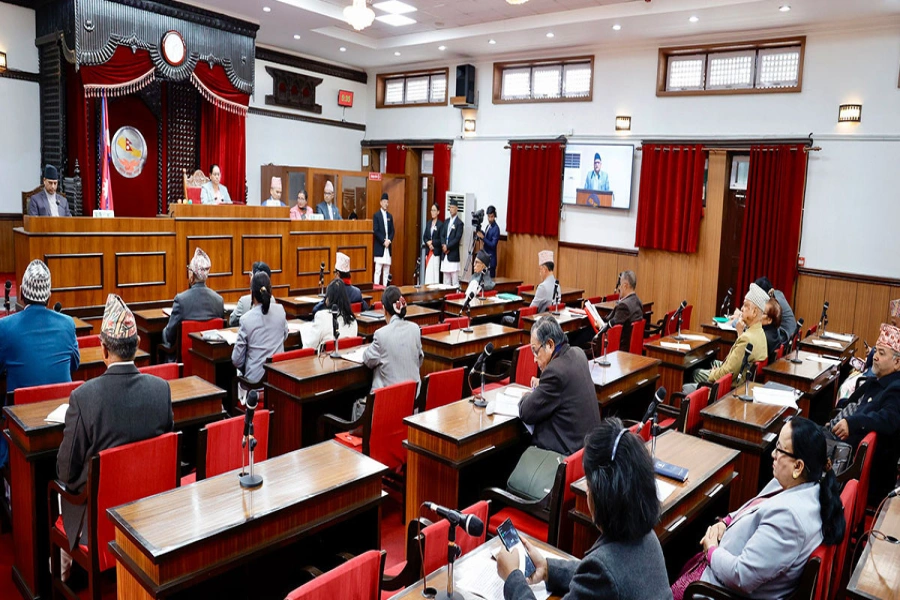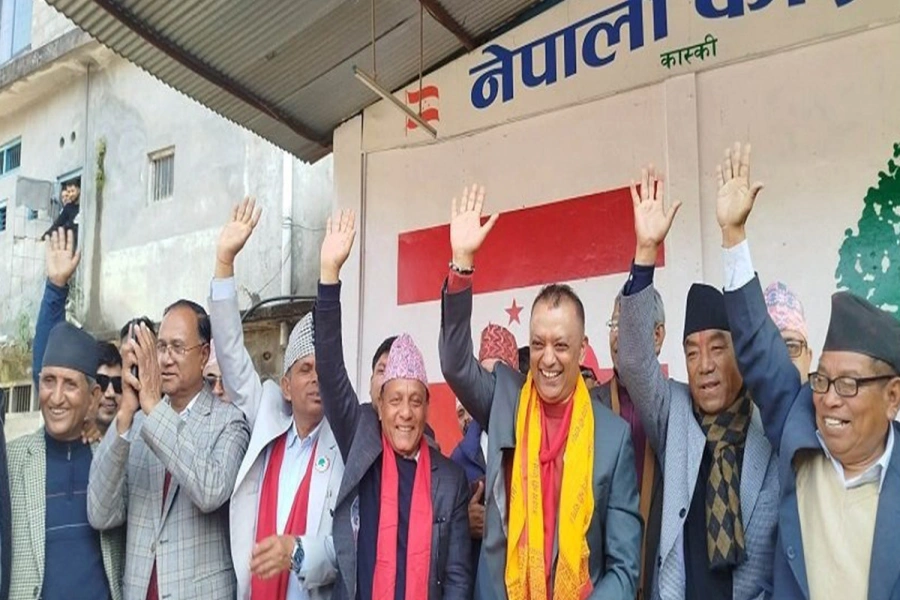If public health workers are trained to spread awareness about the rich nutrition that is already available in our diets, the government can effectively and efficiently reduce vitamin deficiency
“You are 35 now and you have to start to have calcium and Vitamin D. Otherwise, your bone will be become weak.”
“You are 45. You have to start taking micronutrient pills. Otherwise, you will suffer from malnutrition.” “You are pregnant, you have to take iron pills, multivitamins, otherwise you will suffer from anemia and that is bad for you and your child.”
This is what men and women hear from their health professionals. But are these statements actually true? No. Do not believe in these words. But do women need vitamins and minerals to be healthy? They do. It is true that women in different stages of their lives need vitamins and calcium. But do we need supplements (in the form of pills, tablets, capsules, liquids) for nutrition? No because we can get all nutrition we need from a healthy and balanced diet.
UN climate chief urges countries to lift 'unnecessary tactical...

Many believe in the myth that multivitamin supplements can compensate for inadequate diet. In 2009, Women Health Initiative (WHI) of the US published a long-term study of more than 160,000 women. Their data showed that women who take multivitamins are no healthier than those who do not. The study also showed that taking vitamin pills also does not save women from cancer, heart disease or stroke. But then why do health workers prescribe vitamin supplements? That’s because the drug companies get a lot of profit from selling their products.
The word ‘vitamin” is derived from the Latin word vita, which means “life.” In 1920, a Polish scientist and biochemist Casimir Funk coined the word “vital amine”, which later became “vitamin.” Immediately, this discovery became a big business in the United States as people felt that to be healthy they needed to take vitamin supplements. According to a 2013 New York Times article “Learning from the History of Vitamins”, annual sales of multivitamin and mineral supplements total $12.5 billion in the US alone. But a balanced diet will generally provide a sufficient supply of vitamins. There is little evidence that extra vitamins in supplements do much good.” But this awareness is not prevalent among the general public. Not surprisingly, many people opt to take vitamins instead of focusing on a balanced diet.
In Nepal, health workers encourage patients to consume vitamin supplements, and drug companies enjoy hefty profits from this practice. There are very few programs in Nepal’s hospitals and health posts that provide information on how to eat healthily. Even pregnant women who suffer from anemia are given iron tablets instead of being advised to consume more green vegetables, lentils, eggs and meat. As a result, many pregnant women end up taking iron tablets and do not understand why they are still tired and sick even after taking pills. In fact, only taking iron pills will not help a woman get proper nutrition.
According to the Government of Nepal’s statistics, anemia among women has increased from 36 percent to 41 percent, and anemia among children is 59 percent in Province 2 between 2006 and 2016. These percentages show that government programs to reduce anemia are not effective.
Vitamin and iron deficiency is a serious public health issue in Nepal. But is giving vitamin pills the solution? No, except in rare cases. In some cases, vitamin pills may help. In 1992, when vitamin A capsules were distributed to combat blindness among children due to Vitamin A deficiency, cases of blindness and night blindness were reduced. When the government began this initiative, its policy also encouraged consumption of local foods for Vitamin A. But this policy never materialized, and the government is still distributing Vitamin A capsules every year. How long will the Ministry of Health spend its resources on distributing Vitamin A supplements? Instead, if public health workers are trained to spread awareness about the rich nutrition that is already available in our diets, the government can effectively and efficiently reduce vitamin deficiency.
Our kitchen is full of food that has vitamin A but few of us are given instructions to use it. It is sad that Female Community Health Volunteers (FCHVs) provide iron tablets to women but few of them provide them ideas about how to consume local grains, vegetables and lentils so that they can fulfill vitamin needs from their own locally available food items.
I am 60 and a mother of two daughters. When they were younger, I ensured that they ate meals prepared at home, not junk foods. They never needed vitamin supplements.
I also do not take any vitamin supplements because I now understand that we already have access to all the necessary nutrition in our diet. So instead of buying vitamin supplements, let’s focus on proper diet.
Buying vitamin pills or bottles is just a waste of money. Remember this forever.
arunauprety@yahoo.ca






































